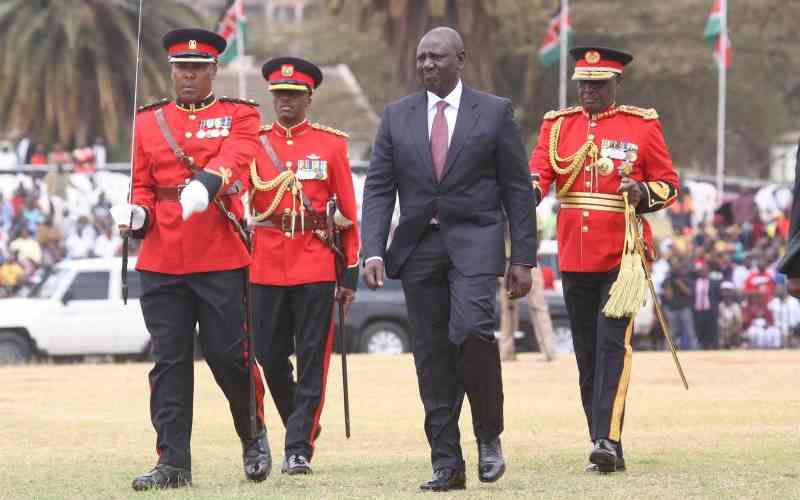×
The Standard e-Paper
Join Thousands Daily

President William Ruto has offered a variety of promises to the agricultural sector that might revamp an area that urgently needs State intervention to feed a hungry nation and generate foreign exchange.
Speaking at the Mashujaa Day fete at Uhuru Gardens in Nairobi, the Head of Sate promised to continue financing fertilizer import subsidy in the short run and a joint East African manufacturing operation in the medium term.